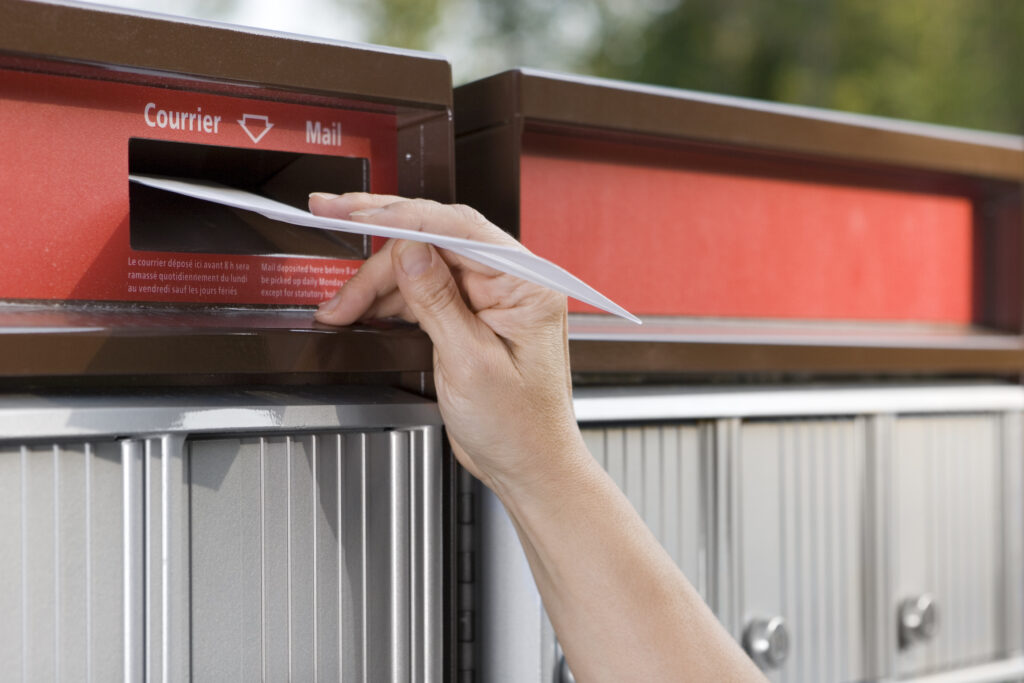Before you start preparing for your income tax return, it is wise to familiarize yourself with all the business expenses you may legitimately deduct from your income taxes.
Income tax mistakes can be costly – hence the need to prepare ahead of time. We are here to advise, shoulder the workload, and to cut down on any tax time anxiety.
Try using this checklist to help you organize your records for tax preparation:
- Revenue and business expenses for the relevant tax year
- Asset additions
- Use of vehicle for business
- Vehicle operating expenses
- Vehicle driving log with kilometers driven for business
- Details on use-of-home for business
- Other tax records, including last year’s Notice of Assessment, amounts paid by instalments and a copy of your income tax return filed last year
Please note, if you have several businesses, you will need separate revenue and business expenses figures for each business, since business income must be listed by individual business on the T1 form.
Maximize your business income tax deductions:
The Canada Revenue Agency (CRA) insists that your business expenses must be supported with receipts in addition to income tax deductions related to the cost of doing business, and income tax deductions for home-based businesses. It is important to keep track of your receipts throughout the year and to monitor them as you collect them to ensure they are legible and contain all the required information.
Other relevant information you should include:
- Business taxes, and business-related dues, memberships and subscriptions
- Deductions on interest and all related fees for any business loan
- Insurance business expenses
- Management and administration business expenses
- Maintenance and repair business expenses
- Office business expenses and supplies
Other income tax deductions:
Other income maximization strategies to consider include:
- Vehicle-related business expenses: In addition to fuel, motor oil and lubricants being valid tax deductions in your business, you may also claim deductions for the license and registration fees, insurance and the cost of vehicle maintenance and repair. If you borrow money to buy a vehicle, you can claim the interest on your loan as a business expense. Likewise, if you’ve leased a vehicle, you can claim the leasing cost. Also, if you have a vehicle that you use for both business and pleasure, you may only claim as a business tax deduction the portion of vehicle expenses related to business use. The Motor Vehicle Expenses section of the CRA’s Business and Professional Income Guide gives a good example of how to calculate the deductible portion of your vehicle expenses.
- If you have travelled for business, the expenses you incurred related to earning business income while you were away from home are legitimate income tax deductions. Remember that all small business tax deductions need to be documented with receipts. The general rule for tax deductions related to meals and/or entertainment is that you deduct 50 percent of the costs. Conventions are also income tax deductible. You can deduct the cost of attending two conventions/conferences a year as a business expense, as long as they are directly related to your business.
- Another common income tax deduction question relates to employing your spouse or your child in your business and how it will affect your income tax. If you’ve employed a family member, you can deduct his or her salary as a business expense, just as you would the salary of any other employee. However, in order to deduct your family employee as a business expense, you must pay him or her a salary, pay an amount consistent with the salary you would pay someone else to do the job, and pay a salary that is reasonable for the child’s age. Additionally, the family member must be doing work that is necessary for earning business or professional income.
- Business expenses for advertising, accounting fees and legal fees are also tax deductible: The costs of advertising your small business are considered business tax deductions, if you advertise in a Canadian newspaper, magazine or on a Canadian TV or radio station. Nevertheless, the Advertising section of the Business and Professional Income Guide advises that you can’t deduct expenses “for advertising directed mainly to a Canadian market when you advertise with a foreign broadcaster; or in an issue of a non-Canadian newspaper or periodical.”
All your accounting and legal fees are legitimate business expenses. You can also deduct consulting fees, such as the cost of getting professional advice about maintaining your books and records.
To review this information in more detail, please visit the CRA website.



